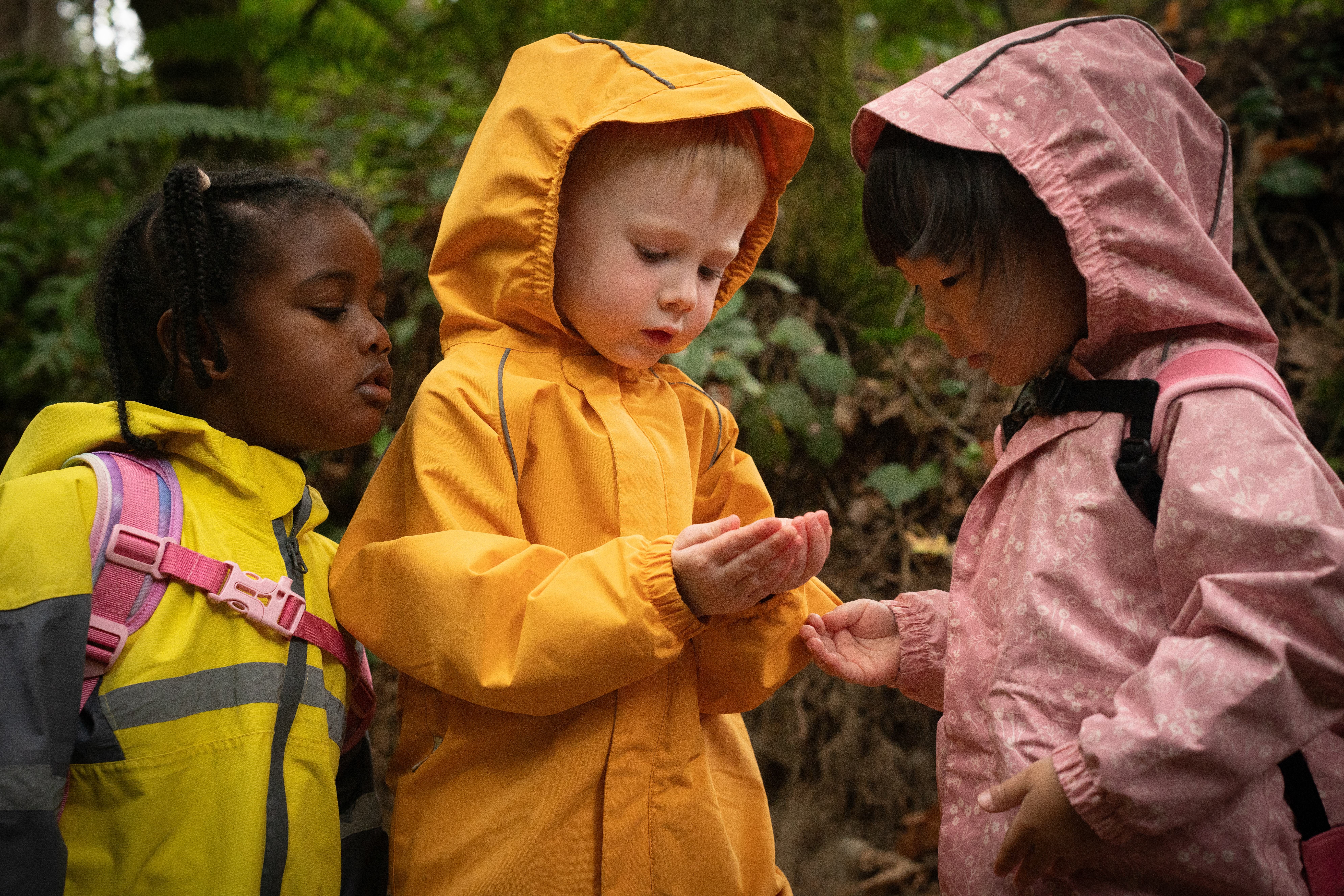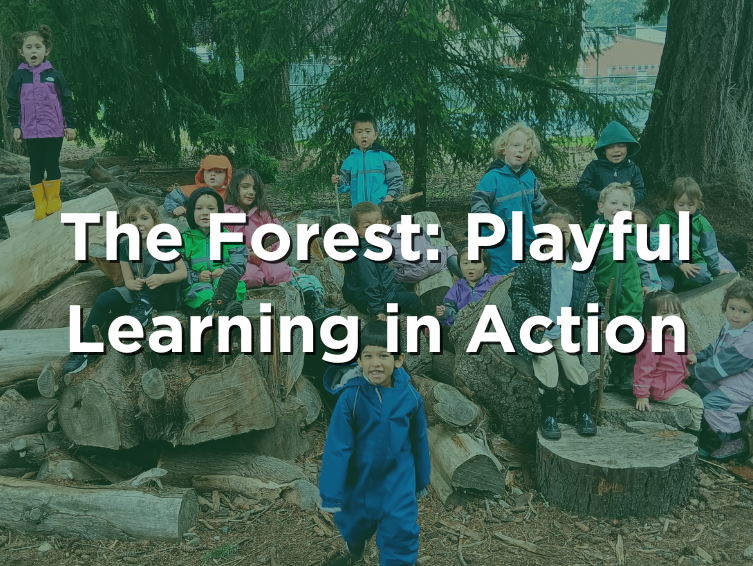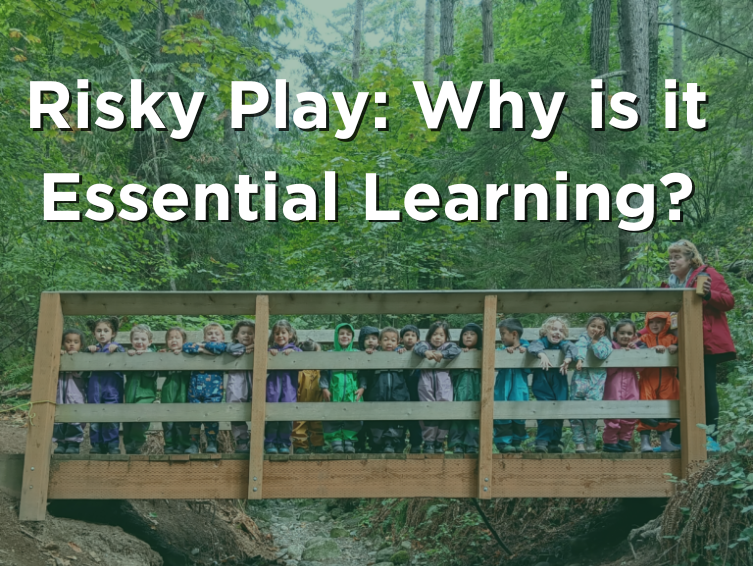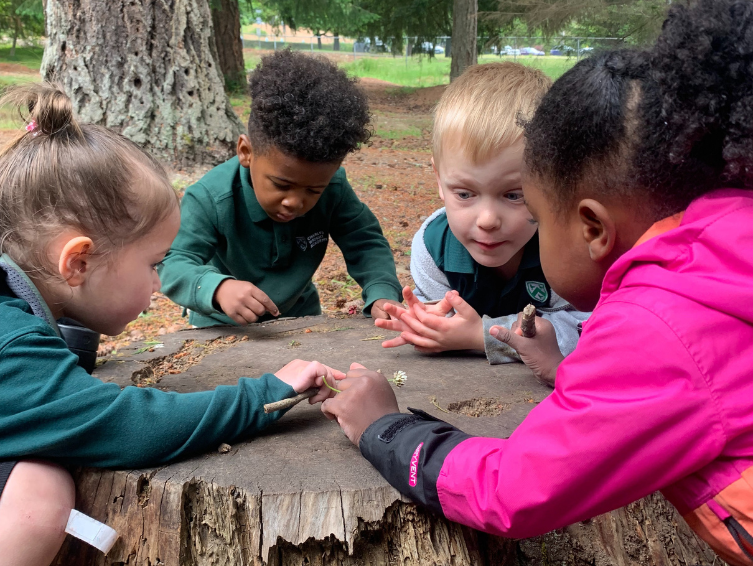Beginning School
Beginning School

Children who are eager to understand the world around them and master new skills. Enthusiastic teachers who know and value every student. Engaged families who share educational goals and want to participate. A community that values healthy relationships and personal integrity. Every child deserves to learn and grow in a school like this, which is what we have created here at Charles Wright Academy.
We are delighted that you are considering our early learning program. Our Beginning School celebrates and empowers our youngest learners. Child-centered, our program provides children with opportunities to engage in an experiential learning journey that fosters critical thinking, imagination, problem-solving, collaboration, and community building.
Our program considers the whole child. Your child will be in a developmentally responsive, social environment where linguistics, numeracy, and literacy are embedded in every aspect of their day. Our indoor/outdoor classrooms allow children to follow their curiosity and learn through doing. Our 107-acre campus provides its own laboratory for learning beyond walls, creating collaborators, innovators, communicators, thinkers, explorers, and stewards.
 .
.  .
. 
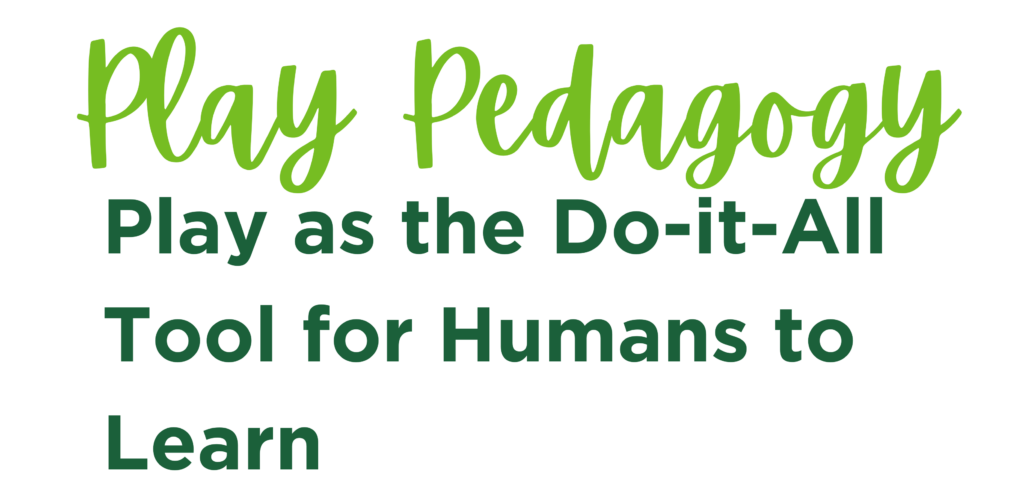
Project Zero, from the Harvard Graduate School of Education, recently released their findings around the importance of play as the primary learning modality for young children. Play offers children a way to gain understanding, test ideas, follow curiosities, and in general, make meaning of their world. Through the adult lens, play is often viewed as frivolous or the antithesis of learning. We invite you to consider a different perspective and perhaps engage in more play yourself.




It’s natural to have questions about multi-age classrooms and how they benefit children of various ages, especially when you have an older child. Age-mixed groupings are one of the most democratically focused methods of classroom structure available. The Beginning School values self-directed play and exploration as our primary vehicles for education. Age-mixed classrooms encourage multiple opportunities for exploration, choice of play focus, child voice in classroom structure and rules, and spaces where critical thought and group feedback are valued.
Benefits to Younger Children:
-
Age-mixed environments offer scaffolding for younger children that draws them into collaborative social play and models to emulate.
-
Older children serve as more skilled and sophisticated guides for their younger counterparts, allowing them to acquire physical skills and knowledge about appropriate cultural practices.
-
Younger children may acquire more skills in reading, writing, and math through social play with older children. Research has found that the complexity of play and the amount of numeracy and literacy activity increases when classrooms have mixed-age children.
-
Young children with older siblings or classroom peers learn how to understand what is in another person’s mind and provide effective help earlier than those with similarly aged classmates.
Benefits to Older Children:
-
Age mixing allows older children to develop their capacities to nurture and lead, with opportunities to be the mature ones in relationships. This allows for low-stakes practice in nurturing and leadership.
-
Age mixing allows older children to expand their understanding through teaching, allowing both children to better understand the subject at hand. In fact, when teaching younger children, older children often gain a deeper understanding of the subject than they would have if there wasn’t a need to teach a peer.
-
Older children’s creativity is fostered and expanded in age-mixed classrooms.
-
Age mixing allows older children to practice, teach, and gain fluency with reading, writing, and math concepts.
At Charles Wright Academy, one of our primary focuses is on learning communities. Having children in community together, regardless of age, contributes to a rich, diverse, and collaborative experience in which all children are asked to participate fully in their own and others’ learning journeys.



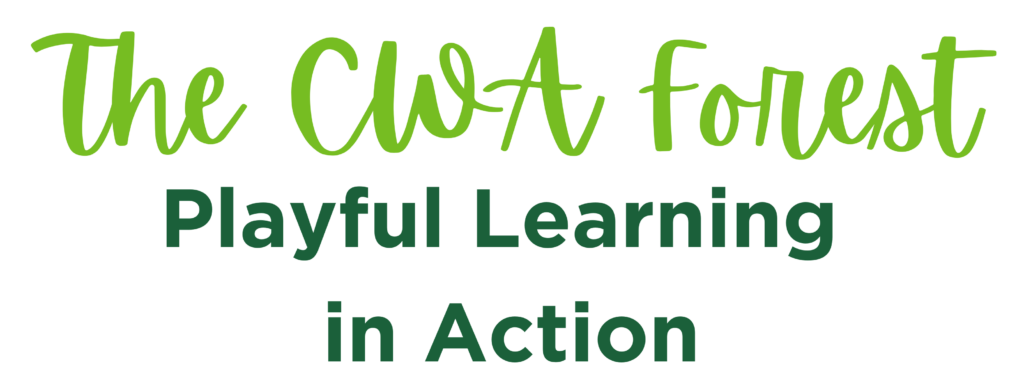
Three times per week Beginning School children have the opportunity to explore the forest. What happens when they are there? Why is this time so important to their learning journey? What do they experience in that time? We invite you to consider the following ideas and their impact on life-long learning.
Risk presents the opportunity to engage in critical thought processes like: How do I keep my body safe? What will I do next? What is the plan? Is there something I am capable of doing or do I need more practice?
In a world that is hyper-focused on keeping children safe, we are actually in danger of making them more unsafe than their older counterparts. Children have a fundamental need to experience risky play. Our forest program offers low-stakes opportunities to explore risk and its rewards. Children can engage with our natural world in a way that gives them a plethora of opportunities to understand their own capabilities, build skills, and challenge themselves in ways they simply can’t in more designed spaces. We do not remove challenges or risks that children see and choose to undertake; we simply support their choice. We are risk-aware, not risk-averse, so children can readily assess the risks they encounter in the forest.



 The Charles Wright Academy Atelier is a studio space for our youngest learners where children research, invent, and develop empathy. In the Atelier, children can get messy, try new things, make mistakes, and experiment. In partnership with the classroom teachers, the atelierista honors children’s wonders and knowledge. The Atelier is a working studio where materials are abundant and available, and there is ample space to create with many different mediums. In these conditions, a community is born, a story is written, and magic is made. This innovation space is the first of its kind in the South Sound.
The Charles Wright Academy Atelier is a studio space for our youngest learners where children research, invent, and develop empathy. In the Atelier, children can get messy, try new things, make mistakes, and experiment. In partnership with the classroom teachers, the atelierista honors children’s wonders and knowledge. The Atelier is a working studio where materials are abundant and available, and there is ample space to create with many different mediums. In these conditions, a community is born, a story is written, and magic is made. This innovation space is the first of its kind in the South Sound.





